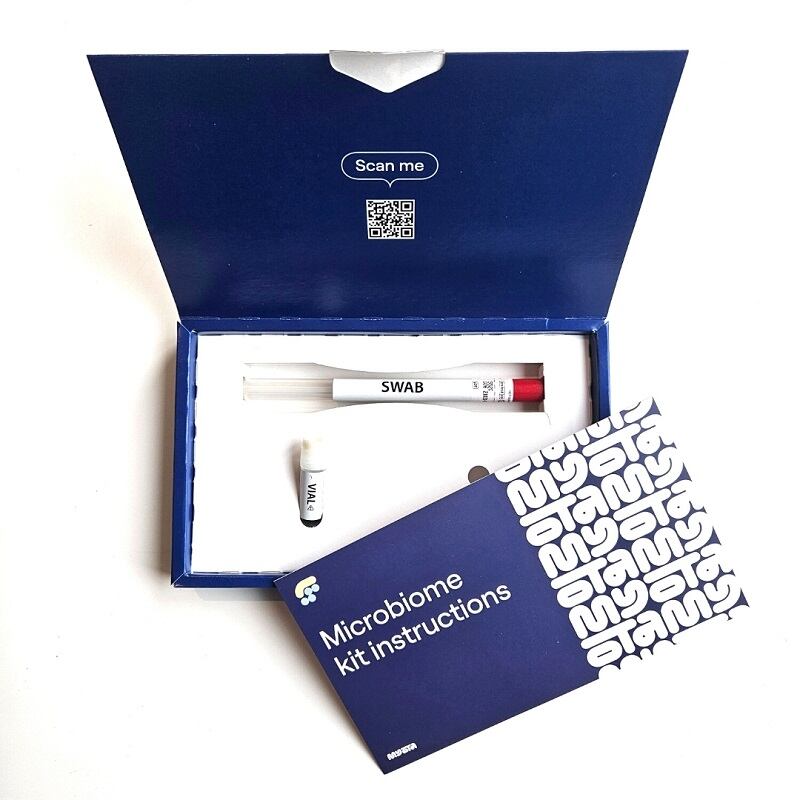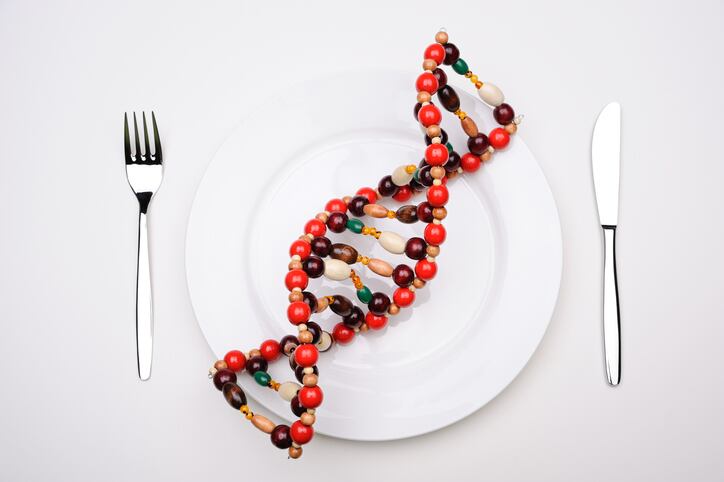WGS is a laboratory technique that involves determining the complete DNA sequence of an organism's genome. “The concept was pioneered in the 1970s, but it was not until the development of high-throughput sequencing technologies in the early 2000s that the technique became low-cost and fast enough to be practical and widely used,” Gurry explained.
In 2018, the European Commission launched The EU 1 Million Genomes Project, an ambitious initiative aimed at creating a shared data platform of one million sequenced human genomes. Whole-genome sequencing technologies have since revolutionised food safety, enabling manufacturers to accurately trace the introduction and transmission chains of pathogens and spoilage organisms in food production.
“When a pathogen or spoilage organism is detected in a food sample, its entire genome can be sequenced and compared to databases of known pathogen and spoilage organism genomes to determine the exact strain and subtype,” said Dr Gurry. “By comparing the genomes of different samples, researchers can identify shared genetic markers and mutations, allowing them to track the spread of the organism and identify the source of contamination.”
WGS can also be used to detect outbreaks of foodborne illness, by comparing the genomes of pathogens isolated from different individuals who have become ill. In addition to tracing the transmission chains of pathogens and spoilage organisms in food production, WGS can also be used to monitor the microbiome of food production facilities, identifying potential sources of contamination and helping manufacturers take proactive steps to prevent the spread of harmful organisms.
The potential of these cutting-edge technologies extends beyond food safety
However, the potential of these cutting-edge technologies in the food manufacturing sector extends further, Dr Gurry told us. Pioneering scientists and food manufacturers have recently begun to apply sophisticated genome sequencing techniques to engineer food supplements that have powerful health benefits. Whole-genome sequencing can be used to develop and manufacture foods with particular flavours or powerful health benefits by enabling scientists to identify and characterise microorganisms that produce beneficial compounds. “This information can then be used to develop food products and supplements that optimise the microorganisms’ production of the compounds,” he said. “Knowledge and insights obtained from a genetic mapping process has enabled the development of both generic and personalised diet supplement products engineered to improve specific health outcomes.”
Dr Gurry describes himself as a computational and systems biologist interested in translational applications of the human gut microbiome who has developed a combination of experimental and computational methods to engineer the fermentation capabilities of a patient's microbiota in order to optimise health outcomes. This knowledge was subsequently spun into the health-tech start-up myota.

Gut health test to ‘demystify your microbiome’
Sequencing an individual's genome allows scientists to detect genetic variations that can impact nutrient metabolism or other health-related factors, continued the co-founder. This knowledge can be used to create food products and supplement formulas tailored to specific nutritional requirements or health issues. Myota, for example, amid extensive research now pointing to multiple links between a healthy gut microbiome and the body’s ability to prevent and reverse chronic disease (including obesity, diabetes, COPD, arthritis and IBD) makes tailored fibre blends that improve a person’s gut and overall health by helping your gut microbiome produce more short chain fatty acids (SCFAs).
The UK-based start-up has also used what it describes as breakthrough research into the workings of gut bacteria to develop a patented microbiome self-test kit. Users of the £300 package are given unparalleled insight into the unique composition and health of their gut bacteria. The company claims that for the first time ever, the test results will also reveal the types of fibres preferred by the subject’s microbiome, providing a roadmap to improving its health and activity.
Following online order and home delivery, users are provided with a kit and instructions for collecting a small stool sample from a piece of toilet paper. The sample is posted back to a lab, where the trillions of gut bacteria are sequenced and a detailed report generated
Users receive a personalised gut microbiome report, including information on the unique composition, diversity and fibre fermentation capability of their microbiome, and how this compares to the average for their age group and sex.
“This new diagnostic kit offers an accessible opportunity for anyone to get started on their gut health journey. Unless you have an understanding of which types of fibre your own microbiome is specialised to ferment, it’s impossible to know how to adapt your diet for optimised health,” said Dr Gurry. “This kit, coupled with support from our in-house dietitian - takes the guesswork away.”
The process sounds convoluted. Yet home microbiome testing is on track to be one of 2023’s fastest-growing health trends, the start-up claims. For example, the period health start-up Daye recently raised $10 million from investors to launch the world’s first tampon-based at-home vaginal microbiome screening platform, and Sequential Skin recently launched its skin microbiome test kit.
“As advances in sequencing technologies allow deeper probing into the genetic material present inside an individual’s gut increasingly cost-effectively, it becomes possible to tailor dietary choices to the individual,” continued Dr Gurry.
For example, prebiotic fibre is a crucial component of a healthy human diet, as it is fermented by the gut microbiome to produce SCFAs which are essential for maintaining health and preventing several chronic diseases - including type 2 diabetes. are proven to help reduce the risk of several chronic diseases, including atherosclerosis and diabetes
However, since different gut bacteria prefer different types of prebiotic fibre, most people do not consume enough of the ‘right’ prebiotic fibre that is best for their health. “To accurately predict the information present in a microbiome sample, it is necessary to understand the genomes of each bacterium in the microbiome, including the function of each of their genes. With this understanding, specific genes responsible for producing SCFAs and breaking down prebiotics can be identified,” the CEO observed.
“By formulating a supplement blend that provides all the required types of prebiotic fibre that an individual's microbiome requires, it is possible to optimise SCFA production for every person and deliver associated mental and physical benefits. This removes the guesswork from gut health and provides a personalised solution for optimal gut health.”
Fully evidenced claims can cure ‘health-washing’
In a saturated functional foods market, meanwhile, products underpinned by biotechnology are differentiated by their fully evidenced health improvement claims, the scientist believes.
Consumers are tired of ‘health-washing’ in product marketing, and ‘over-blown, under-evidenced claims that fail to deliver noticeable benefits’. The time is therefore ripe for products developed using insights from genome sequencing, he claimed. “This is an opportunity for differentiation; products developed using insights from genome sequencing benefit from a wealth of clinical research and established evidence backing their efficacy.
“As we learn more about the relationship between diet, wellness, longevity and chronic disease, the evidence for many of these products will become even more compelling to consumers and manufacturers.”



